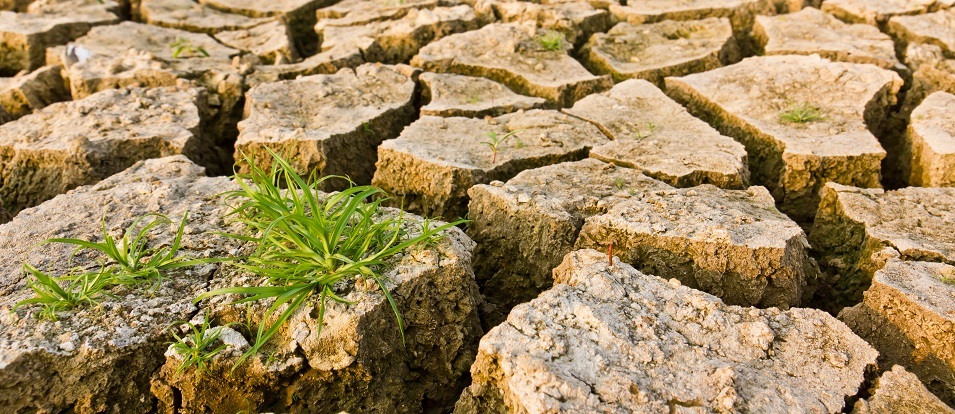
It’s hard, if not impossible, to think of a greater existential threat to our species than climate change. Wildfires, droughts, crop failures, the slow erosion of the ozone layer, and the melting ice at our poles are all evidence of a massive shift in the earth’s climate.
Climate change is so widely accepted among experts that the debate is no longer about if climate change exists but how bad it’s likely to get if we continue on our current path.
Most tellingly, even after more than a year of a global pandemic, virtually everyone in the scientific community views climate change as being orders of magnitude more dangerous to our survival than disease. And with overwhelming evidence showing us that the situation is truly dire, we would expect from those of us who live on this planet an overwhelming response to the climate threat at least equal to the COVID-19 pandemic.
And yet individuals and governments often behave as though climate change is not only a minor concern but one beneath our notice. Corporations continue to contribute to rising carbon dioxide levels in the atmosphere, and a bare handful of them contribute more than 70 percent of all emissions.
One doesn’t need to be Greta Thunberg to notice the discrepancy between danger and awareness.
Which begs the question: why don’t more people demand action? Or more accurately, why don’t we seem to register climate change as the very real threat that it is?
Harvard psychologist Dr. Daniel Gilbert has suggested that climate change is actually incredibly difficult for our brains to recognize as a threat precisely because of what we’re so good at as a species.
We are wired to recognize threats to our existence, and we are incredibly good at doing so—on a certain scale. Through natural selection, those humans who were exceptionally good at addressing immediate, local, and physical threats to their survival were able to pass on their genes to future generations.
While these skills have paid off in a big way, as billions of descendants can attest to, they are beginning to work against us.
Dr. Gilbert coined the acronym PAIN to explain why our brains have evolved to become so good at recognizing certain kinds of threats.
Personal. We’re more likely to recognize threats that are directed at us by the agency of a human or other predator. Climate change, by contrast, is impersonal, faceless, and unconnected to any personal agency.
Abrupt. We’re more likely to recognize threats that are sudden as opposed to gradual. As a process that takes decades and longer to metastasize, climate change simply doesn’t register as a real threat for many of us.
Immoral. We’re more likely to recognize threats that are offensive, in that they break a moral code we hold dear. As an impersonal and environmental threat, climate change has no moral aspect… although many of the actions that have gotten us where we are today certainly do.
Now. We’re more likely to recognize threats that are immediate. With many of the end results existing in the future, climate change is outside our brain’s “temporal threat range.” It’s just too far away in time for many of us to pay attention to.
Simply put, we evolved these wonderful brains that are dedicated to our safety, but then we managed to create an existential threat that we’re not adapted to recognize.
Compounding this, the process of scientific inquiry—for all its miraculous impact on our health, life expectancy, and connection to each other—is slow and uncertain. In science, there are many course corrections along the way as we seek greater levels of understanding. As a result, many of the climate change predictions that have been made over the last few decades have been revised over time to be more accurate.
But to those who don’t have a strong understanding of the scientific process, these course corrections make it seem like the science is unreliable or untrustworthy. This, combined with our evolutionary tendency to ignore threats that don’t fit within our PAIN threshold, relegates climate change to the back of our minds, where we comfortably ignore it in the here and now at the expense of future generations.
Thankfully, we aren’t just at the mercy of our brains and their ability to perceive threats. When it comes to dealing with climate change, scientists have been alerting us to the danger—and people are starting to listen.
While scientists around the world work on practical solutions, regular people like you and me should be demanding more from our elected officials. Climate change is more important to the average citizen than ever before, and every party’s political platform in Canada now at least acknowledges it.
Yes, science will be essential to reverse the damage of climate change. But more importantly, the actions we demand from our elected officials and corporations are going to make the biggest difference for our survival. Because while climate change may not be an immediate, abrupt, and personal threat, there will come a time when it will be all of those things at once.
When that happens, even our limited brains won’t be able to deny the trouble we’re in.



















